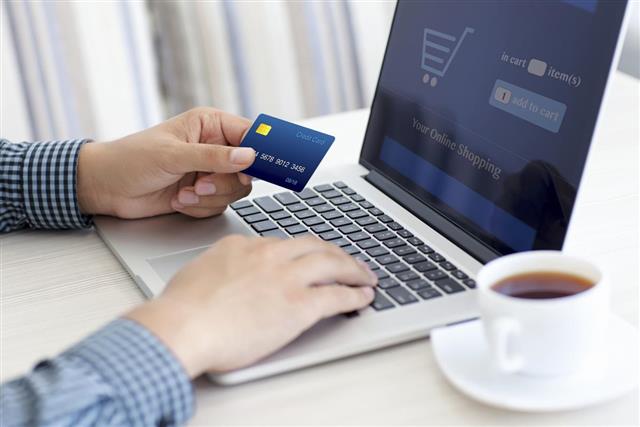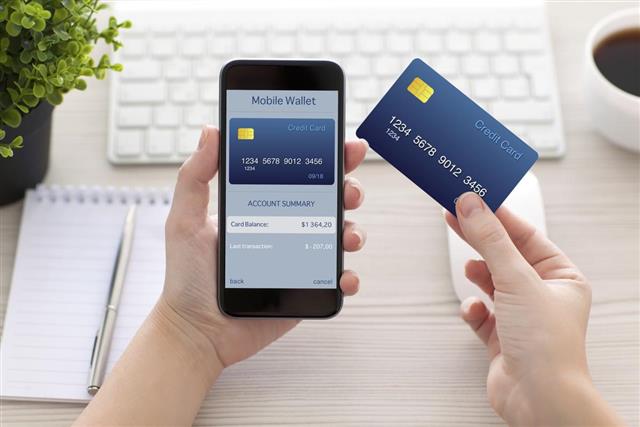
The electronic cash technology is fast replacing the physical cash i.e. bank notes and coins, in the day-to-day use, for small transactions. The electronic cash is a very modern and fast developing technology, but has some pros and cons of its own.
Electronic cash, also known as digital cash, is a technology that uses varied electronic methods to execute financial transactions. The technology is classified into two types, that is the online form and the offline form. The online form of electronic cash involves conducting transactions through the Internet. The offline form involves the usage of the digitally encoded smart cards, like the ATM cards or even credit cards. Some of the best examples of e-cash services, EagleCash (developed by the United States military), Octopus of Hong Kong, etc.
In Hong Kong, the local authorities introduced the Octopus card system for the convenience of day-to-day transactions. The citizens of Hong Kong can use this smart card for minor transactions, like the vending machines, food-store chains and also public transport.
Pros of Electronic Cash
The online electronic cash systems that are operated through the Internet, provide convenience to the user and the banker. The online system can be accessed through the Internet from anywhere in the world. Hence, the user does not have to actually go to the bank to transact any business. The online system also provides convenience to the banker, as he does not have to deal with long line of people. This increases the speed of transactions in financial organizations. This advantage is supplemented by very good accuracy as the transactions are done with the help of machines and computers. The manual labor, involving the cashier, security and other bank staff is reduced.
The small-scale and the local level merchants can also access and transact in the global market. This can be easily accomplished through the facility of online shopping. Another advantage of online shopping is that the shopper can sit at home and purchase the goods he wants, with the help of a credit card. The ‘smart’ cards can also be restricted to specified payments. For example: the parents of a student studying in a far-off university, can charge his smart card that can be used only for paying tuition fees.
Another very good advantage of e-cash is that the transactions are all recorded in a database, so one does not have to keep wondering when and for what purpose one has spent money.
The concept of smart card also reduces the possibility of robbery. The smart cards for withdrawal, like the ATM cards, are protected by passwords.
Overall, the concept of electronic cash provides the user with convenience in transactions. The user of the electronic cash technology does not always have to carry around physical cash. The offline e-cash smart cards are also sometimes referred to as plastic money.
Cons of Electronic Cash
The system of electronic cash is extremely convenient, but it is not a foolproof system. The online electronic cash system has the same problems as your email account and personal computer. The online facility can be hacked or can also be infected with a virus, if sufficient security is not provided. Some of the disadvantages of electronic cash, include serious misuse of a stolen smart card. Criminals who have strong knowledge of the technology of these systems can easily misuse it, if a reliable security system is not deployed.
The phenomena of identity protection and credit history play a very important role in the working of the e-cash system. To safeguard the interests of the users, protection against identity theft has become the most important function of these service providers.
Many pros and cons are bound to appear as the technology of electronic cash develops even further. However, overcoming the cons of the technology will make e-cash, a very convenient system and a widely accepted, revolutionary mode of cash.



